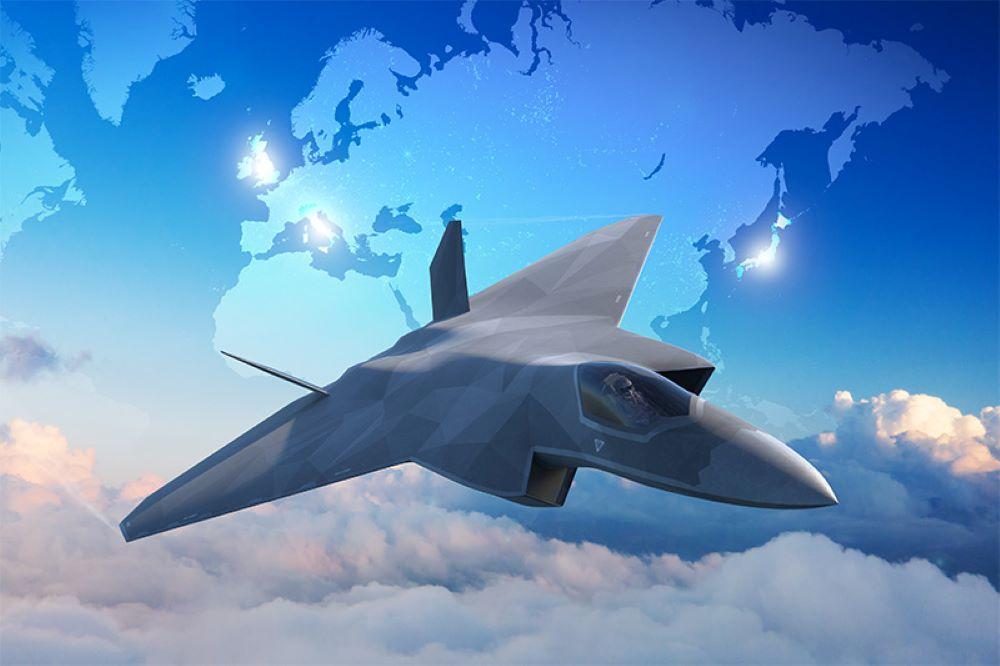
Credit: BAE Systems
LONDON—The Global Combat Air Program (GCAP) will have to “break the mold” if it is to achieve its target of delivering a new-generation combat aircraft by 2035, UK lawmakers have suggested. In a report on the three-nation combat aircraft project between Italy, Japan and the UK, members of the UK...
Subscription Required
GCAP Needs To ‘Break The Mold’ To Deliver By ’35, UK Lawmakers Say is published in Aerospace Daily & Defense Report, an Aviation Week Intelligence Network (AWIN) Market Briefing and is included with your AWIN membership.
Already a member of AWIN or subscribe to Aerospace Daily & Defense Report through your company? Login with your existing email and password.
Not a member? Learn how you can access the market intelligence and data you need to stay abreast of what's happening in the aerospace and defense community.





